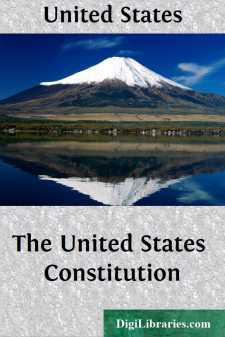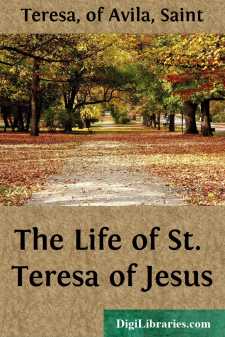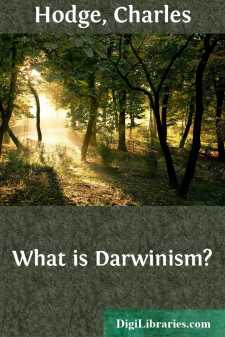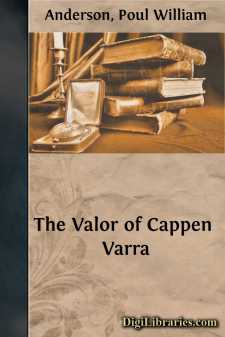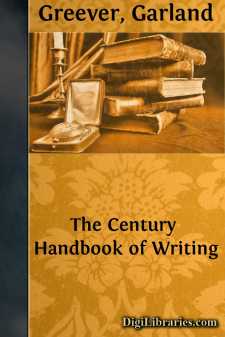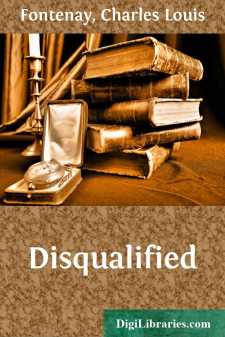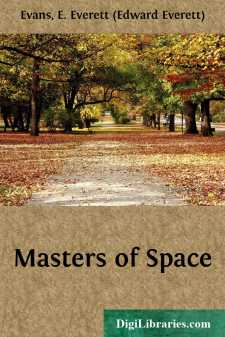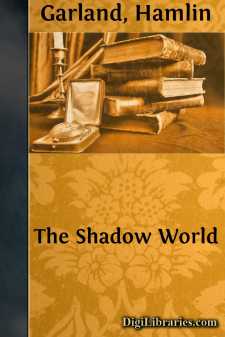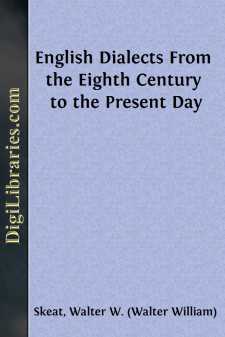Categories
- Antiques & Collectibles 13
- Architecture 36
- Art 48
- Bibles 22
- Biography & Autobiography 816
- Body, Mind & Spirit 145
- Business & Economics 28
- Children's Books 17
- Children's Fiction 14
- Computers 4
- Cooking 94
- Crafts & Hobbies 4
- Drama 346
- Education 58
- Family & Relationships 59
- Fiction 11834
- Foreign Language Study 3
- Games 19
- Gardening 17
- Health & Fitness 34
- History 1378
- House & Home 1
- Humor 147
- Juvenile Fiction 1873
- Juvenile Nonfiction 202
- Language Arts & Disciplines 89
- Law 16
- Literary Collections 686
- Literary Criticism 179
- Mathematics 13
- Medical 41
- Music 40
- Nature 179
- Non-Classifiable 1768
- Performing Arts 7
- Periodicals 1453
- Philosophy 66
- Photography 2
- Poetry 897
- Political Science 203
- Psychology 45
- Reference 154
- Religion 516
- Science 126
- Self-Help 85
- Social Science 82
- Sports & Recreation 34
- Study Aids 3
- Technology & Engineering 59
- Transportation 23
- Travel 463
- True Crime 29
Sort by:
by:
United States
Article I Section 1. All legislative Powers herein granted shall be vested in a Congress of the United States, which shall consist of a Senate and House of Representatives. Section 2. The House of Representatives shall be composed of Members chosen every second Year by the People of the several States, and the electors in each State shall have the qualifications requisite for electors of the most...
more...
by:
of Avila Teresa
Introduction to the Present Edition. When the publisher entrusted me with the task of editing this volume, one sheet was already printed and a considerable portion of the book was in type. Under his agreement with the owners of the copyright, he was bound to reproduce the text and notes, etc., originally prepared by Mr. David Lewis without any change, so that my duty was confined to reading the proofs...
more...
by:
Charles Hodge
WHAT IS DARWINISM? This is a question which needs an answer. Great confusion and diversity of opinion prevail as to the real views of the man whose writings have agitated the whole world, scientific and religious. If a man says he is a Darwinian, many understand him to avow himself virtually an atheist; while another understands him as saying that he adopts some harmless form of the doctrine of...
more...
The wind came from the north with sleet on its back. Raw shuddering gusts whipped the sea till the ship lurched and men felt driven spindrift stinging their faces. Beyond the rail there was winter night, a moving blackness where the waves rushed and clamored; straining into the great dark, men sensed only the bitter salt of sea-scud, the nettle of sleet and the lash of wind. Cappen lost his footing as...
more...
by:
Garland Greever
Fragments Wrongly Used as Sentences 1. Do not write a subordinate part of a sentence as if it were a complete sentence. Wrong: He stopped short. Hearing some one approach. Right: He stopped short, hearing some one approach. [Or] Hearing some one approach, he stopped short. Wrong: The winters are cold. Although the summers are pleasant. Right: Although the summers are pleasant, the winters are cold....
more...
After the morning inspection tour, Tardo, the Solar Council's Planetary Aid agent, and his companion, Peo, were taken to the castle which stood on a hill overlooking the area. Tardo and Peo were entertained royally at luncheon by Saranta, their host, who appeared to be the wealthy overlord of this portion of the planet. The meal was delicious—tender, inch-thick steaks served with delicate wine...
more...
Overview of America's National Strategy for Combating Terrorism America is at war with a transnational terrorist movement fueled by a radical ideology of hatred, oppression, and murder. Our National Strategy for Combating Terrorism, first published in February 2003, recognizes that we are at war and that protecting and defending the Homeland, the American people, and their livelihoods remains our...
more...
"BUT didn't you feel anything, Javo?" Strain was apparent in every line of Tula's taut, bare body. "Nothing at all?" "Nothing whatever." The one called Javo relaxed from his rigid concentration. "Nothing has changed. Nor will it." "That conclusion is indefensible!" Tula snapped. "With the promised return of the Masters there must and will be...
more...
by:
Hamlin Garland
FOREWORD This book is a faithful record, so far as I can make it, of the most marvellous phenomena which have come under my observation during the last sixteen or seventeen years. I have used my notes (made immediately after the sittings) and also my reports to the American Psychical Society (of which I was at one time a director) as the basis of my story. For literary purposes I have substituted...
more...
CHAPTER I DIALECTS AND THEIR VALUE According to the New English Dictionary, the oldest sense, in English, of the word dialect was simply “a manner of speaking” or “phraseology,” in accordance with its derivation from the Greek dialectos, a discourse or way of speaking; from the verb dialegesthai, to discourse or converse. The modern meaning is somewhat more precise. In relation to a language...
more...


